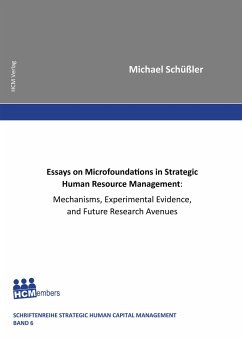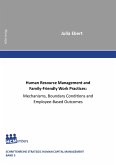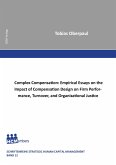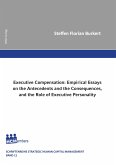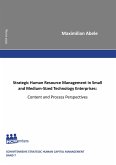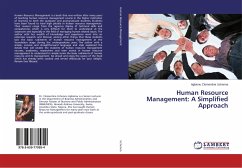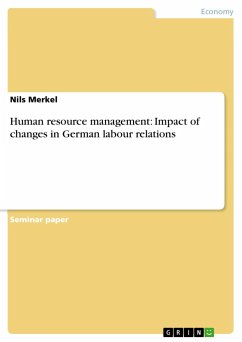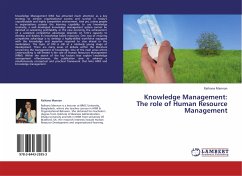Management, strategy, and organization theory scholarship have developed a growing interest in "microfoundations". The microfoundations movement aims at explaining macro-level outcomes (e.g., competitive advantage) with micro-level heterogeneity (e.g., differences in resource endowments, individual differences in people, their behaviors, and interactions). This microfoundations movement serves as an integrative framework for strategic HRM and this dissertation. The first paper of this dissertation develops a microfoundational and behavioral model for the concept of internal fit, i.e., internal alignment of different HRM practices in a larger HRM system. The second paper employs a lab experiment to shed light on the microfoundational role of individual heterogeneity in collective value creation. Finally, the third paper offers a review and a methodological discussion of experimental case studies; it explicates how experimental and qualitative insights can be methodologically soundly combined to study HRM practices effects in organizations.

